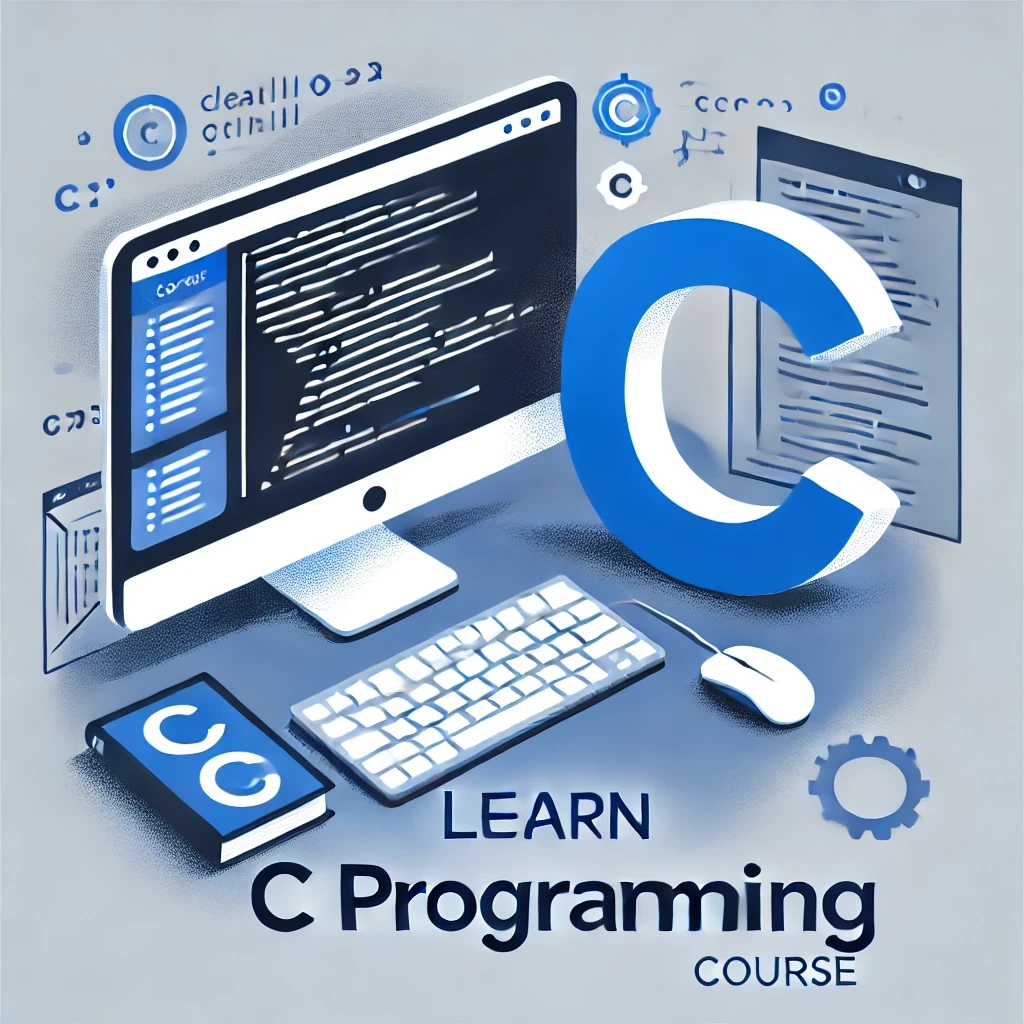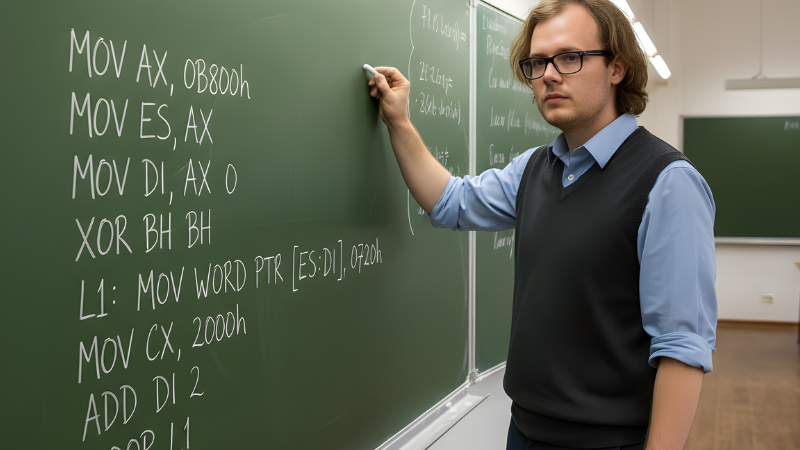The exponential function $e^x$ is one of the most important mathematical functions. It represents the number $e$ (approximately 2.71828) raised to the power of $x$. Exponential calculations are widely used in science, engineering, finance, and computer algorithms, such as compound interest, population growth, radioactive decay, and probability problems. In C++, you can calculate $e^x$ using built-in library functions or by writing your own approximation using loops. In this article, we will explore beginner-friendly programs that show multiple ways to calculate the exponential in C++.

with hands-on learning.
get the skills and confidence to land your next move.
Program 1: Using the exp() Function
The simplest and most accurate way to calculate $e^x$ in C++ is by using the built-in exp() function from the <cmath> library.
#include <iostream>
#include <cmath>
using namespace std;
int main() {
double x;
cout << "Enter the value of x: " << endl;
cin >> x;
double result = exp(x);
cout << "e^" << x << " = " << result << endl;
return 0;
}In this program, the user inputs a value for x, and the exp() function calculates $e^x$. The result is stored in the result variable and displayed. This method is accurate and handles both positive and negative values of x, making it the most practical choice for beginners and real-world applications.
Program 2: Using pow() Function with e
If you want to calculate $e^x$ without exp(), you can use the pow() function from <cmath>, raising the constant M_E (defined in <cmath>) to the power x.
#include <iostream>
#include <cmath>
using namespace std;
int main() {
double x;
cout << "Enter the value of x: " << endl;
cin >> x;
double result = pow(M_E, x); // M_E is the constant e
cout << "e^" << x << " = " << result << endl;
return 0;
}Here, pow(M_E, x) calculates $e^x$ by raising the constant M_E to the power x. This approach works for beginners who want to understand that exponentials are essentially powers of e. It also demonstrates how constants and functions can be combined to solve mathematical problems.
Program 3: Using Taylor Series Approximation
For learners interested in understanding the logic behind exponential calculations, you can approximate $e^x$ using a Taylor series. This method adds multiple terms of the series to get a close approximation.
#include <iostream>
using namespace std;
int main() {
double x, sum = 1.0;
int n;
cout << "Enter the value of x: " << endl;
cin >> x;
cout << "Enter number of terms for approximation: " << endl;
cin >> n;
double term = 1.0;
for(int i = 1; i <= n; i++) {
term *= x / i; // Calculate each term
sum += term; // Add to the sum
}
cout << "Approximate value of e^" << x << " = " << sum << endl;
return 0;
}In this program, we use the Taylor series formula:
$$
e^x = 1 + x + \frac{x^2}{2!} + \frac{x^3}{3!} + \dots
$$
The loop calculates each term iteratively and adds it to sum. Beginners can use this method to understand how exponential functions can be computed step by step without relying on built-in functions. The approximation becomes more accurate as the number of terms increases.
Frequently Asked Questions (FAQ)
Here are some common questions beginners have about calculating $e^x$ in C++:
Q1: Which method should I use for real programs?
The exp() function is the easiest, most accurate, and recommended method.
Q2: Can I use pow() instead of exp()?
Yes, using pow(M_E, x) works, but it is less standard and requires including the constant M_E.
Q3: Why learn the Taylor series method?
The Taylor series helps beginners understand the mathematical logic behind exponential calculations and how computers approximate values.
Q4: Can these methods handle negative values of x?
Yes, both exp() and pow() correctly calculate $e^x$ for negative and positive x. Taylor series also works, though more terms may be needed for accuracy with large negative values.
Conclusion
Calculating the exponential $e^x$ in C++ is simple and essential for many applications. We explored three approaches: using the exp() function, using pow() with the constant e, and approximating with a Taylor series. Among these, using exp() is the recommended approach for most practical applications due to its simplicity and accuracy. Loops and series approximations, however, help beginners understand the underlying mathematics and logic. By practicing these methods, you can strengthen both your programming skills and mathematical understanding.
Additional & References
Understanding how to calculate $e^x$ is a great step toward mastering mathematical programming in C++. Beginners should practice with different values of x and different numbers of terms in the Taylor series to see how approximation accuracy improves. This knowledge also prepares you for more advanced functions like logarithms, derivatives, and integrals.
- C++ Reference –
<cmath>– Documentation forexp(),pow(), and other math functions. - Programiz C++ Tutorial – Beginner-friendly explanations and examples.
- GeeksforGeeks C++ Programming – Step-by-step tutorials and practical examples.
- W3Schools C++ Tutorial – Simple lessons and exercises for beginners.







